Home technology has changed how caregivers attend to their loved ones, and technology can make it much easier to ensure they are getting the best care possible. Many of these technology products are easy to use and can help a senior remain at home as long as possible, whether they are living on their own or with you.
Home Elevators
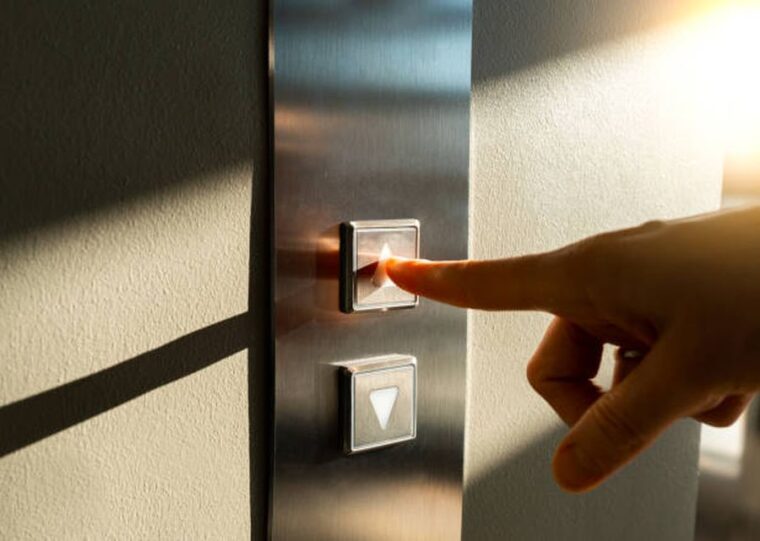
One of the benefits of home elevators is that they can help your loved ones improve their mobility around the house. It is particularly important to consider adding an elevator if your home requires movement between levels for daily living. Maybe the bedrooms are on the top floor, while the laundry must be done in the basement. With Liftonhomelifts.com, their new home elevator technology can take your caregiving to the next level.
Adding a Medical Alert System
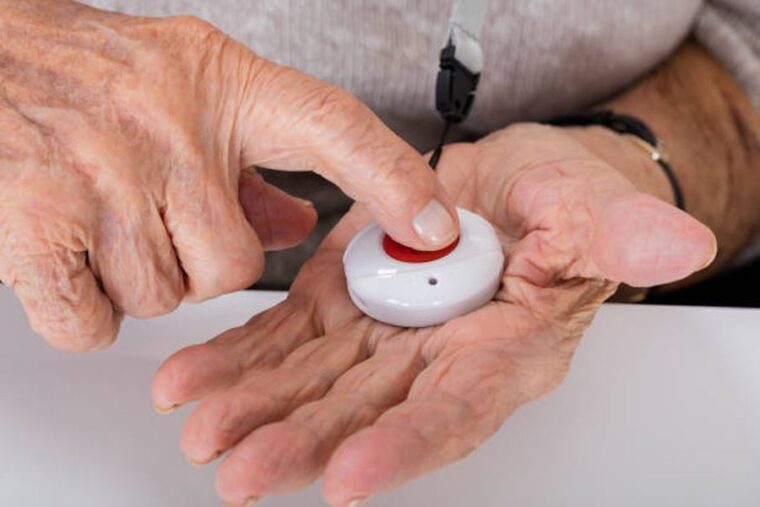
Consider installing a medical alert system in the home. An emergency response system can help your loved one’s alert you when they fall so they are not stuck without being able to get help. You can get them as a necklace, clip-on, or bracelet, and they are not hard to use. However, you can also get systems that are installed in various places around the home.
If there is an emergency, the senior just needs to push the button, and it will send help in the form of police, paramedics, the fire department, or even a loved one. In the past, these call buttons were pretty simple. However, you can now find a range of features. Some can automatically monitor your loved one’s activity, make wellness calls, or detect a fall. Depending on the system, many offer service both inside and around the home.
Adding Cameras and Sensors
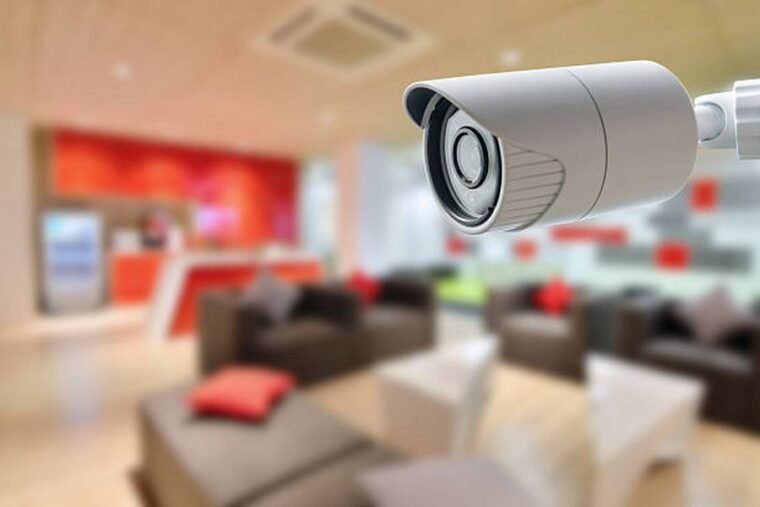
There are plenty of choices around if you want to install cameras or sensors around the home. They can help you keep track of your loved ones when you can’t be around. A sensor can alert you if there is no movement in a certain location if there is usually movement there. That allows you to check on them as needed. If you don’t live that close to your loved one, installing cameras in the home can be helpful as well. You can use them with the sensors to monitor your loved one for safety purposes. Be sure that you secure your network properly though so that hackers and outsiders cannot access the cameras that are meant to protect your home.
Smart Devices
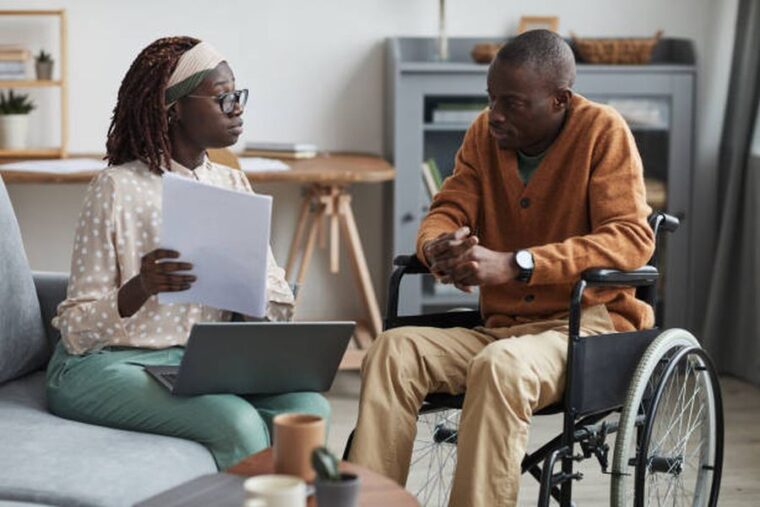
If your loved one is tech savvy, consider setting them up with residential smart devices, such as smart thermostats, lightbulbs, and other features. A smart thermostat may automatically adjust the temperature during certain parts of the day, so the senior does not have to remember that. Smart lights might have sensors that turn on or off, depending on whether the individual is in the room or not. A voice assistant can be helpful when your loved one does not want to have to get up to take care of a relatively simple task, such as ordering household products. Voice-activated home tech is also helpful because the senior does not need to look for their smartphone.
Getting Higher Tech Appliances
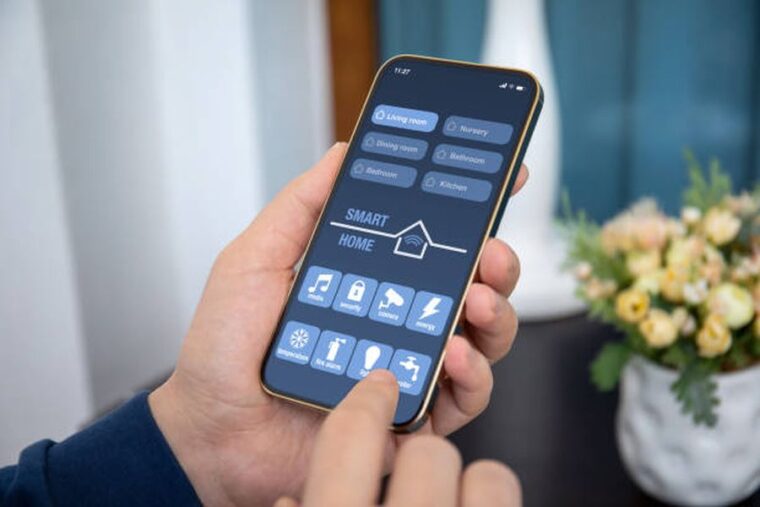
Anything that is electricity operated can become a smart device, including appliances. You can get a smart refrigerator, oven, microwave, or other device. You might be able to preheat the oven, turn on the microwave, or check the temperature of the food in the refrigerator from your phone. This is a great way to keep an eye on your loved one’s home since it allows you to make sure nothing is running when it shouldn’t be. It also allows you to ensure their food is still safe to eat.
Your loved one’s electric bill might even go down when they use a smart appliance because they may be able to calculate energy usage so they can run during non-peak hours. That way, the energy rates will be lower. Of course, the initial upfront cost can be high, and if something goes wrong, it will be expensive to repair them. And if the internet goes out, they will just be regular appliances.
Smart Locks for the Doors
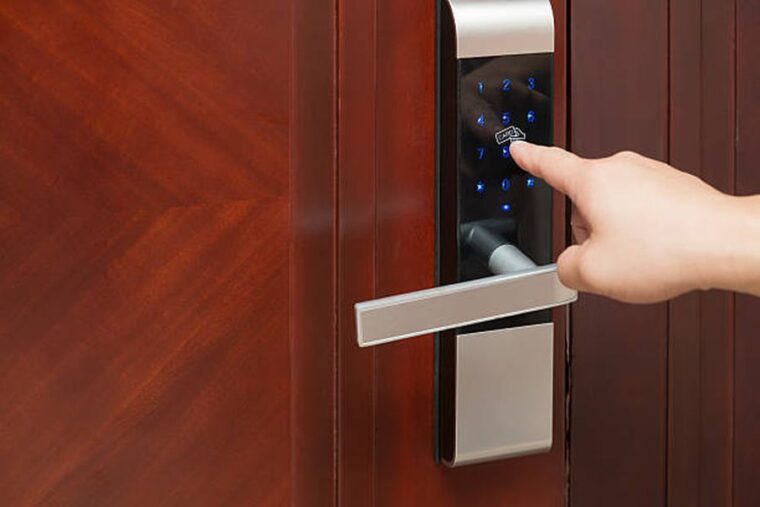
One of the advantages of a smart door lock is that you can lock and unlock the home with a voice command or command from your phone. They can also allow for remote access, so they can be ideal for a senior living on their own. You won’t have to worry about your loved one getting locked out. If you need to enter to take care of them, you won’t be locked out. With some devices, it is possible to monitor exit and entry, and you can use these logs to keep an eye on your loved one. And you might be able to set up an entry code that only lasts for a specific period of time. This could be ideal if nurses or other caregivers enter the home when you are not around to let them in.
Of course, there are some negative aspects of smart locks. Because they are battery operated, you have to make sure the batteries are replaced regularly so no one gets locked out. If you decide to replace regular locks with smart ones, you may decide to do only certain doors. You or your loved one can then still use a traditional key in another door if the batteries die. Because they also depend on the internet and electricity, you won’t be able to remotely operate the lock if one or both of those goes out. And it is possible for these locks to be hacked, although many have safeguards to notify the authorities in the area if someone tries to enter without permission.
Replacing the Outlets
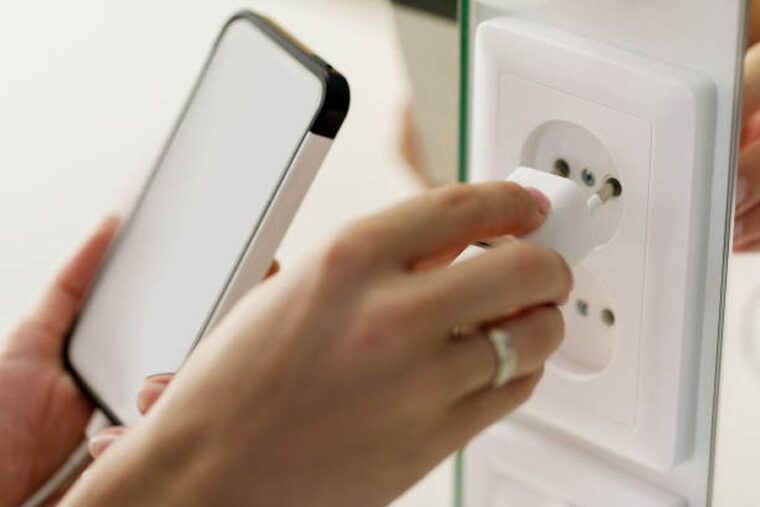
Smart outlets allow remote control of everything plugged into them. You’ll specify what will be plugged in as you are getting it set up. That way, you can control the function remotely from your app. This is another way you can keep an eye on your loved one’s home even while you are not there.
